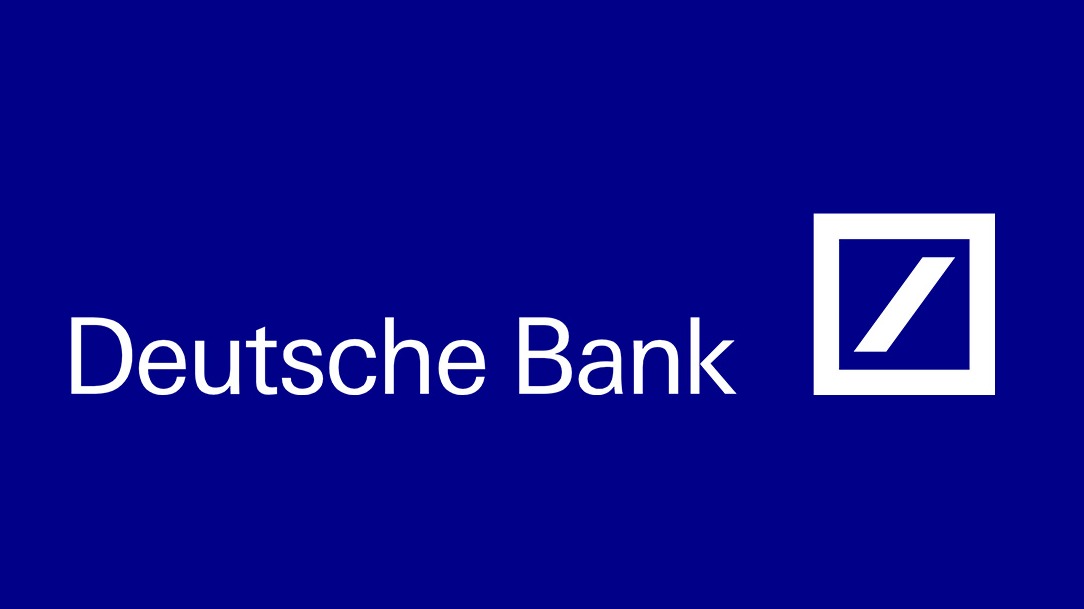Deutsche Bank has applied for a digital asset license in an attempt to expand its revenue streams.
According to a report by Bloomberg, the German bank applied for the license because it wants to provide a custody service for digital assets such as crypto currencies.
David Lynne, who manages Deutsche Bank’s commercial banking unit, told the news website that the application was part of a wider plan to increase revenue. Deutsche Bank’s investment business DWS Group made an attempt to increase revenue from products linked with digital assets, when the firm tried to buy a minority stake in Deutsche Digital Assets in February 2023.
In 2020, Deutsche Bank that it was planning to provide digital asset custody, but did not share when the service would begin.
Commenting on the news, a spokesperson for Deutsche Bank told FStech: “Deutsche Bank has applied for regulatory permission in Germany to operate a custody service for digital assets such as crypto currencies. Deutsche Bank is in an ongoing dialogue with our clients, regulators and the fintech community on how best to bring these new products to market. Clearly it’s important that our possible offering will be fully aligned to regulatory requirements.”
Deutsche Bank was one of five banks recently accused of breaking competition law by the Competition and Markets Authority (CMA).
The watchdog said major banks, including HSBC and Royal Bank of Canada, broke the rules by sharing competitively sensitive information by participating in one or more one-to-one conversations in chatrooms.
Latest News
-
Gemini to cut quarter of workforce and exit UK, EU and Australia as crypto slump forces retrenchment
-
Bank ABC’s mobile-only ila bank migrates to core banking platform
-
Visa launches platform to accelerate small business growth in US
-
NatWest to expand Accelerator programme to 50,000 members in 2026
-
BBVA joins European stablecoin coalition
-
eToro partners with Amundi to launch equity portfolio with exposure to ‘megatrends’
Creating value together: Strategic partnerships in the age of GCCs
As Global Capability Centres reshape the financial services landscape, one question stands out: how do leading banks balance in-house innovation with strategic partnerships to drive real transformation?
Data trust in the AI era: Building customer confidence through responsible banking
In the second episode of FStech’s three-part video podcast series sponsored by HCLTech, Sudip Lahiri, Executive Vice President & Head of Financial Services for Europe & UKI at HCLTech examines the critical relationship between data trust, transparency, and responsible AI implementation in financial services.
Banking's GenAI evolution: Beyond the hype, building the future
In the first episode of a three-part video podcast series sponsored by HCLTech, Sudip Lahiri, Executive Vice President & Head of Financial Services for Europe & UKI at HCLTech explores how financial institutions can navigate the transformative potential of Generative AI while building lasting foundations for innovation.
Beyond compliance: Building unshakeable operational resilience in financial services
In today's rapidly evolving financial landscape, operational resilience has become a critical focus for institutions worldwide. As regulatory requirements grow more complex and cyber threats, particularly ransomware, become increasingly sophisticated, financial services providers must adapt and strengthen their defences. The intersection of compliance, technology, and security presents both challenges and opportunities.
© 2019 Perspective Publishing Privacy & Cookies













Recent Stories